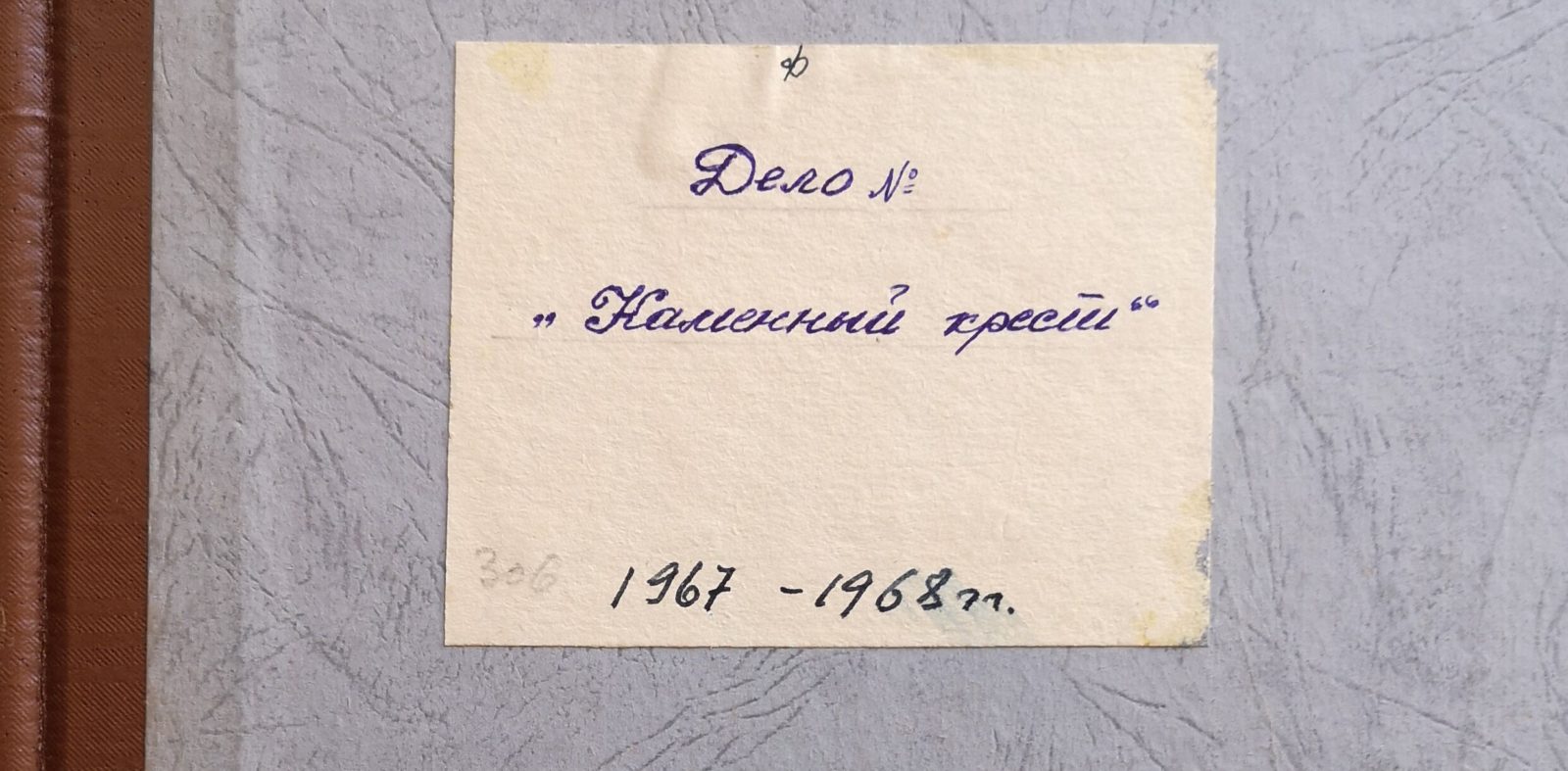The ‘šistdesjatnyky’ of the Soviet Ukrainian Film: Literary Adaptations in the Ukrainian Poetic Cinema of the 1960s and 1970s
Doctoral Researcher
Oleksii Isakov

After the death of Iosif Stalin in 1953, the new First Secretary of the Communist Party of the USSR Nikita Chruščev officially proclaimed in his Thaw program the support of local languages and cultures in all Soviet republics, and primarily in Ukraine. As a result, a new generation of Soviet and Ukrainian national intelligentsia emerged at the end of the 1950s and the beginning of 1960s, who called themselves the ‘Sixtiers’ (‘šistdesjatnyky’ in Ukrainian).
The šistdesjatnyky outlined a liberal artistic and civic vision that spread across several cultural domains, one of which was Soviet Ukrainian film. This planned dissertation project focuses on the Nouvelle Vague in these films, which was later labeled as Ukrainian Poetic Cinema (ukrajin’ske poetyčne kino). The present research is mainly centered around three films from this period, which are all literary adaptations from Ukrainian literature from the end of the 19th to the beginning of the 20th century: Shadows of Forgotten Ancestors (Tini zabutych predkiv, 1964) by Sergei Paradžanov, based on the eponymous novel of Mychajlo Kocjubyns’kyj (1911); The Stone Cross (Kaminnyj Chrest, 1968) by Leonid Osyka, based on the short stories “The Stone Cross” (“Kaminnyj Chrest”, 1899) and “The Criminal” (“Zlodij”, 1899) by Vasyl Stefanyk; Zakhar Berkut (1971), also by Leonid Osyka, based on the eponymous historical novel by Ivan Franko (1883).
This dissertation analyzes interrelations and conflicts between the films and their literary prototypes in an interdisciplinary and comparative way. The theoretical section of the thesis investigates general tendencies in Soviet films of the 1960s and 1970s as well as the Soviet cultural policy of this period and during Khrushchev’s term of office in particular. Moreover, the connection between Ukrainian Poetic Cinema and literary poetics at the turn of the century (between the 19th and 20th centuries) will be researched in detail. Practically, the analysis will concentrate on concrete narratives of time and space, artistic symbolism, and genre specificity in the mentioned literary and film texts.